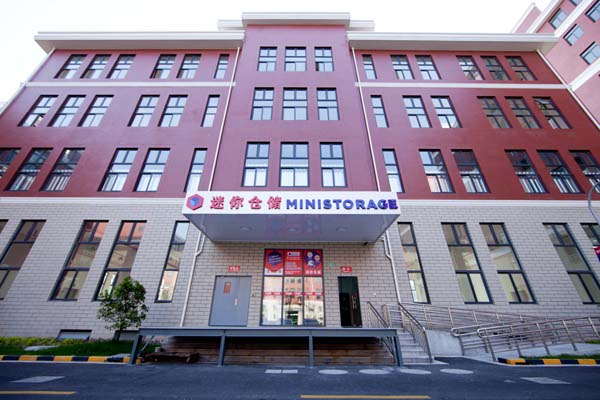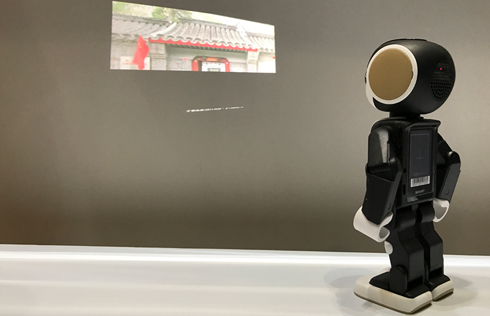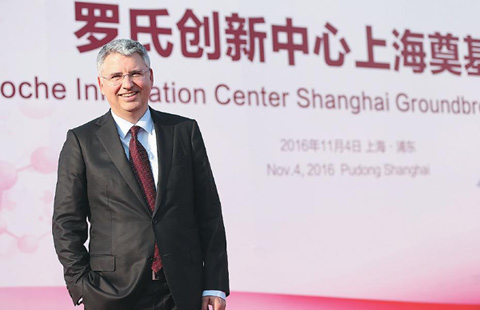Young, wealthy store their problems away
 |
|
A Ministorage facility in Shanghai. The self-storage company has been in operation in the metropolis for about two years. [Provided to China Daily] |
Festivals also tend to bring in more business. Customers will store their personal belongings for two or three weeks while on vacation and retrieve them when they return, she added.
"Self storage in Shanghai is growing so rapidly that we analyze the industry regularly. Our manager often goes to Shenzhen, Hong Kong and Japan to conduct market research. We are also planning to set up a branch in Beijing. Our expansion plan is focused on first-tier cities, where there are more wealthy consumers who need such a service," she said.
In the West, the self-storage industry is already in full swing.
Maximilian Spitzy, general manager of Ministorage in Shanghai, said: "In the United States, you can expect to have one storage unit per 4,000 square meters. In the late 1990s, we introduced the idea of self storage to Europe. In 2008, we decided to bring the concept to China."
The company already has 35 self-storage facilities with a total of more than 250,000 square meters of storage in German-speaking Europe.
Learning from his peers' experience in Hong Kong, Spitzy decided the company had to buy its own property in the Chinese mainland when entering the market.
"Property prices in Hong Kong have risen so much that self-storage companies can't survive if they transfer that burden to customers. Therefore, we will always have our own property," he said.
Since Ministorage owns its properties, it can make building design decisions. Customers will also have more faith the company will not move or run away, Spitzy explained.
The current property that Ministorage owns in Shanghai is about 5,000 square meters, and the company plans to buy another two in the city. First-tier cities, such as Guangzhou, Shenzhen and Beijing, are also potential targets for expansion.























